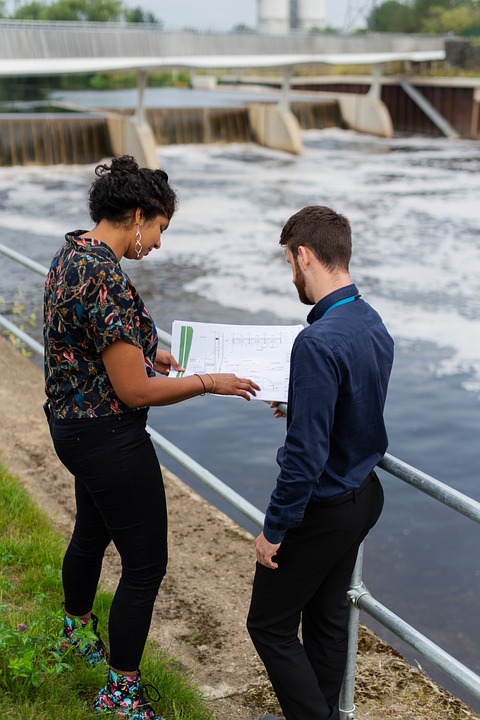Essential Career Roadmaps for Aspiring Planning Engineers: A Guide to Success
Embarking on a career as a planning engineer is akin to navigating a complex labyrinth, filled with opportunities and challenges alike. It requires not just a sturdy grasp of technical skills but also an astute awareness of industry dynamics and personal aspirations. For the budding planning engineer, a well-outlined roadmap is essential to traverse this intricate journey successfully.
1. Understanding the Role
At the heart of planning engineering lies the art and science of project management. A planning engineer is responsible for devising strategies to ensure that projects are executed efficiently and effectively. This role demands a blend of analytical prowess and creative problem-solving. Familiarity with tools such as Microsoft Project, Primavera P6, and AutoCAD can significantly enhance one’s employability and productivity.
2. Educational Foundations
While a degree in civil engineering or a related field serves as a solid foundation, the path to becoming an exceptional planning engineer often requires further academic pursuits. Consider pursuing a Master’s degree or specialised certifications in project management, such as PRINCE2 or PMP. These qualifications not only broaden your knowledge base but also signal to potential employers your commitment to professional development.
3. Gaining Practical Experience
Theoretical knowledge is invaluable, yet nothing compares to hands-on experience. Aspiring planning engineers should seek internships or placements within construction firms or engineering consultancies. Such opportunities provide a glimpse into the daily operations of project management and allow for the application of theoretical concepts in real-world scenarios. Networking during these experiences can lead to invaluable connections and future job prospects.
4. Developing Key Skills
The skill set required for a successful planning engineer extends beyond technical ability. Critical thinking, effective communication, and strong organisational skills are paramount. Moreover, proficiency in data analysis and forecasting can set you apart from other candidates. Engaging in workshops, online courses, or even self-study can sharpen these skills and prepare you for the multifaceted challenges of the profession.
5. Navigating Career Progression
Once you’ve established your footing in the industry, it’s crucial to chart a course for advancement. Setting clear career goals, whether it’s moving into project management or specialising in a niche area, can provide direction. Regularly seeking feedback from supervisors and peers can also foster personal growth, while professional networking can unveil new opportunities.
6. Embracing Lifelong Learning
The engineering landscape is ever-evolving, with technological advancements and methodologies continually reshaping the field. As such, a commitment to lifelong learning is essential. Attend industry conferences, subscribe to relevant journals, and participate in online forums to stay abreast of trends and innovations. This proactive approach not only enriches your knowledge but also demonstrates your dedication to the profession.
A successful career as a planning engineer is not merely about following a prescribed path; it’s about embracing the journey with curiosity, resilience, and a willingness to adapt. Each step taken contributes to a robust professional identity, paving the way for a fulfilling career.
As you embark on this exciting journey, remember that resources like CVPortal are here to support you with a plethora of high-quality CV samples and guidance, ensuring you present your best self to prospective employers. Prepare well, stay motivated, and success will surely follow.


